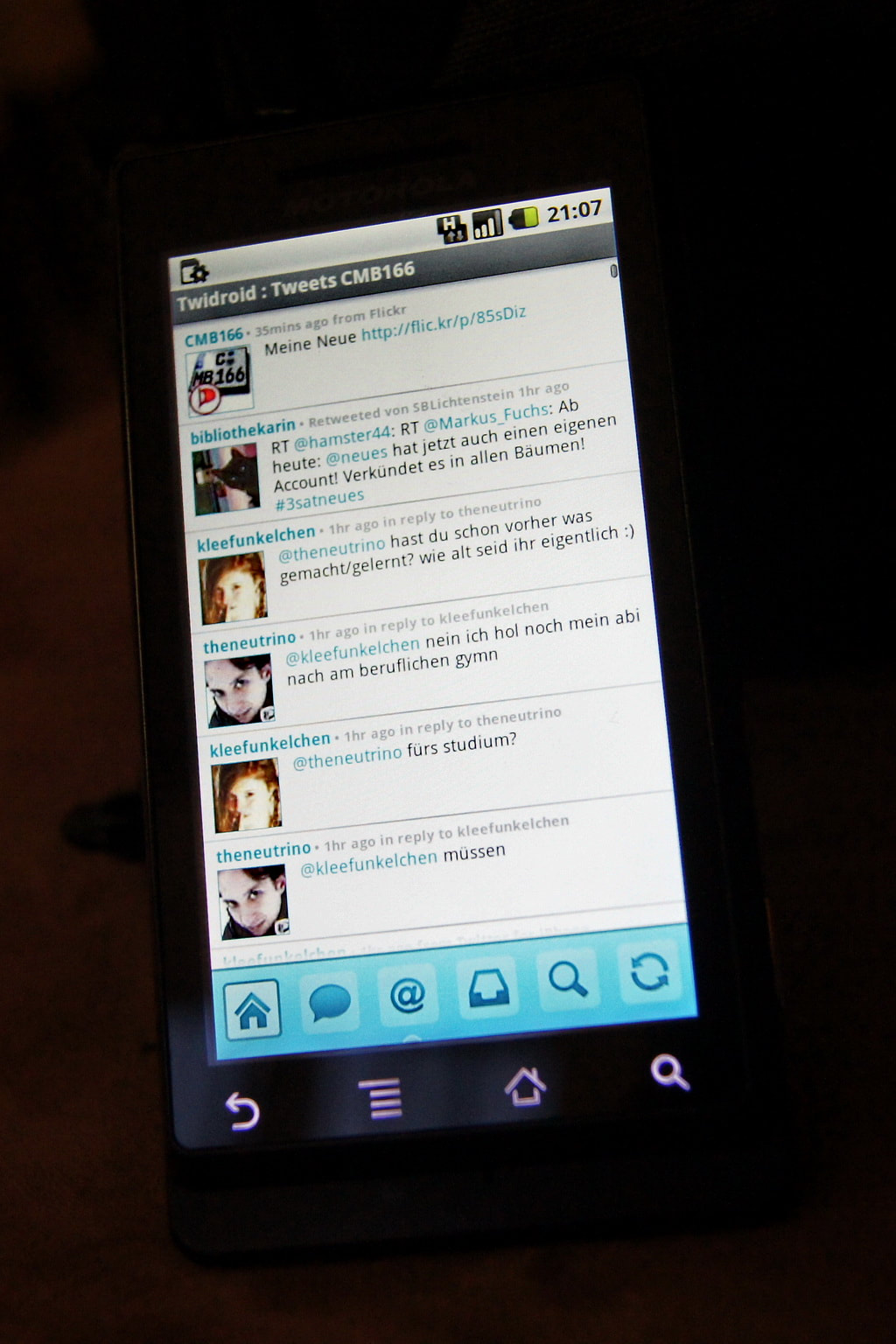| Kathie Allen should have reacted better. She could have worded her tweet after her loss in the state’s Third congressional district in ways that conveyed her disappointment, while still sounding gracious. Instead, she tweeted, “(John) Curtis is Mormon and Republican. I am neither. That really seems to be the only thing Utah County cares about, just as I was warned." Ok, then. Losing an election can be an intensely emotional experience. Allen quickly deleted her tweet and later apologized. That was the right thing to do. Clearly, she had reacted in the passion of the moment, which on one level is quite excusable. Yet at the same time, she has inadvertently reminded us that times are changing. |
| | A year ago, Donald Trump hinted he might not concede should he lose. “I will totally accept the results of this great and historic presidential election— if I win,” he told a campaign rally in Ohio. We never got to find out what really would have happened, but not conceding would have been a blow to a time-honored tradition of gracious losing that lends legitimacy to the democratic process. Ironically, Allen had conceded earlier in the evening by urging Curtis to have the courage to stand up to President Trump, which makes her decision to take a page from Trump’s Twitter playbook so puzzling. I met Allen a couple of times during the campaign, when she came to visit the combined editorial boards of the Deseret News and KSL. She struck me as an articulate, intelligent person who, like so many others through the years, had a desire to enter public service despite the odds stacked against any Democrat who runs for a congressional district that serves much of Utah County. Bill Orton succeeded in 1990, and Jim Matheson always seemed to prevail no matter how he was gerrymandered, but that kind of political lightning has become rare lately. This is an era when the immediate nature of social media allows people to speak unfiltered before any requisite cooling off period. Social media goads people into telling it the way they feel right now, rather than telling it with a sense of decorum and graciousness in spite of how they feel. The difference between those two approaches is important. First, we now are left to wonder what is genuine. Was Allen’s outburst an expression of sincere beliefs she kept muted during the campaign? Who was it that warned her what Utah County voters cared about? Did her tweet reflect the attitude of party leaders? Confusion on that point won’t help any future Democrat who tries to win in the Third District. Second, the way political losers act is important for the strength of a rapidly unspooling thread of civility. We need that thread to bind the nation together despite differences. Recently, when the federal government released thousands of previously classified files related to the JFK assassination, I looked at one document from 1960. It concerned an FBI interview of a woman who had refused to help a private detective investigate alleged sex parties that included John F. Kennedy, then a senator. I noted to a colleague that the difference between today and 1960 is that, back then, people tended to think better of their politicians than those politicians deserved. Today, on the other hand, many people quickly assign the worst of motives to any politician with whom they disagree. Neither situation is ideal, but the way people felt in the old days was better for one reason. It allowed the outward actions of our politicians to ennoble public service and to feed a sense that national unity was more important than partisanship. Recent polls show about three-quarters of Americans believe the nation is becoming less civil, even as many of them express a loss of faith in important institutions. Allen’s tweets may be a minor part of that unraveling, especially in the context of her subsequent apology, but the dance we have come to expect on election night, even if insincere, serves a purpose. If we cannot be brought together, even temporarily, by a gracious sense of respect for the democratic process, can anything bring us together? |


 RSS Feed
RSS Feed

